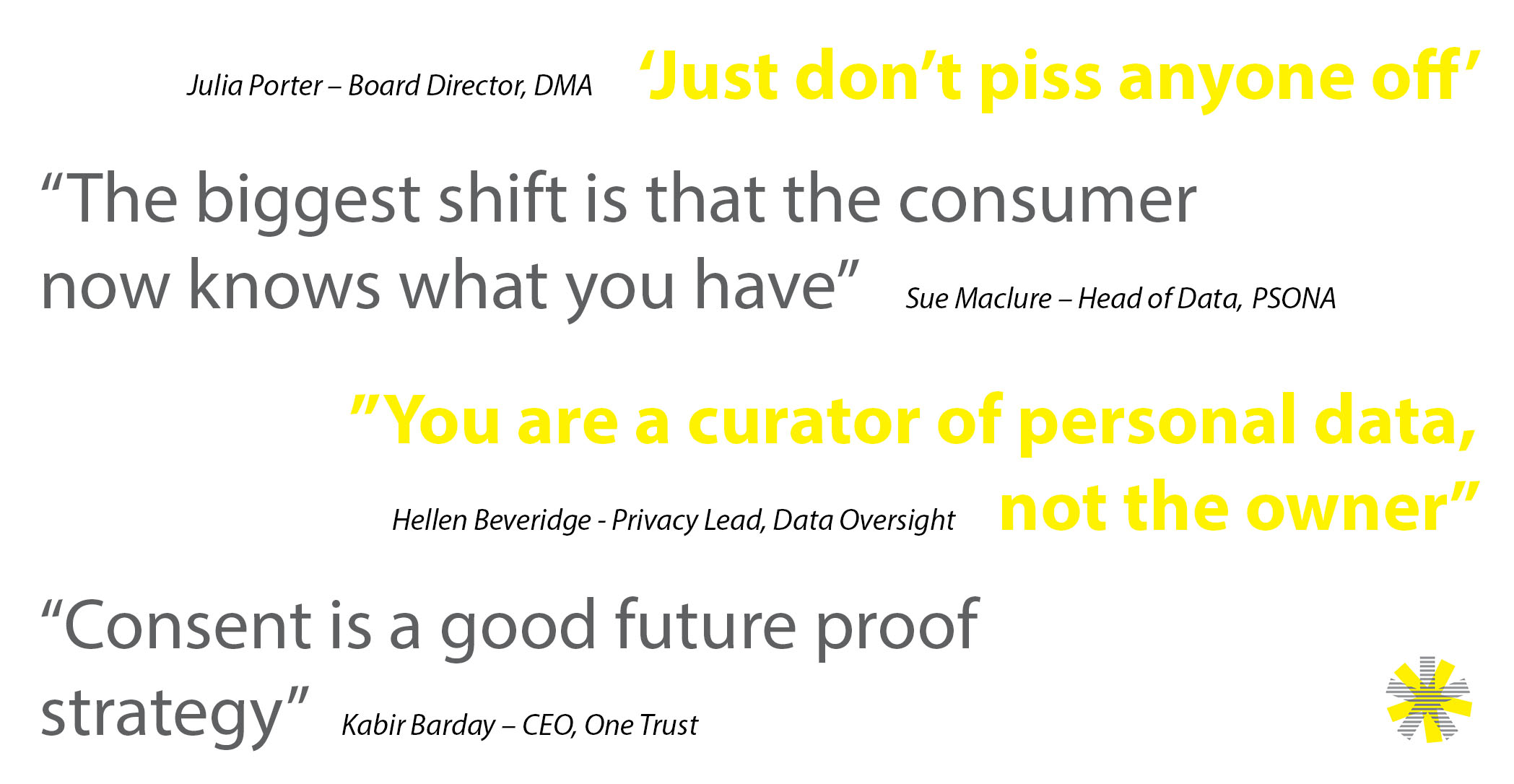CREs to become more strategic, people-focused and analytic to maintain salary levels
Corporate Real Estate Executives will need to develop their skills to become more strategic and people-focused in the face of emerging technologies, according to a survey carried out at the Property Directors Forum, hosted by Avison Young. The ability to effectively analyse data will also be a key skill set in the next five years.
The survey asked what skills and experience will be essential in the face of technological advancements:
- 84% think that CRE roles will be more strategic
- 77% see an increasing focus on people and productivity
- 67% of property directors see employee engagement as a key function for CREs.
When it comes to using “Big Data”, 77% of property directors thought the ability to analyse data will be a key skill set for new recruits and that being able to use data intelligently will protect CRE salaries.
Jason Sibthorpe, Avison Young’s Principal and UK Managing Director, comments: “In order to maintain salary levels, CREs will need to become more strategic and data skills may top the list of future requirements for new hires. Property skills will still remain important, with 70% of those surveyed agreeing that property skills will still be key when recruiting in five years’ time.”
“Doing more with less is a recurring theme of the Property Directors Forum, making people more productive is the new frontier. It’s clear that there will be some very interesting, challenging and engaging jobs available to CREs in the future.”
After attending the Property Directors Forum at The Royal Society of Chemistry in June, attendees were asked to provide their thoughts on the impact of emerging technologies on the property profession. The survey delved into the specifics, asking if the increasing use of technology should drive down service charges. 1 in 3 property directors surveyed agreed that service charges will fall as more technology is deployed.
Jason adds: “Interestingly, maximising new technology is seen as a shared responsibility, with 53% of respondents placing investment in emerging technology in the hand of the landlord. 49% said it is down to the occupiers. And across the board the majority of our delegates think the UK is leading the way in the world of emerging technology (with 60% agreeing the UK is in the top quartile internationally for using technology), though there is certainly room for improvement.”
The Property Directors Forum has over 150 active members of its LinkedIn group and over 275 individuals have attended the events. The Forum members collectively manage over 100,000 properties, employing more than 2 million people across the UK.
The next Property Directors Forum will be held at The Royal Society of Chemistry, Piccadilly, London on 15th November 2018.
See the survey results infographic here.









